Home>Interior Design>Can I Use Dish Soap To Clean Clothes?
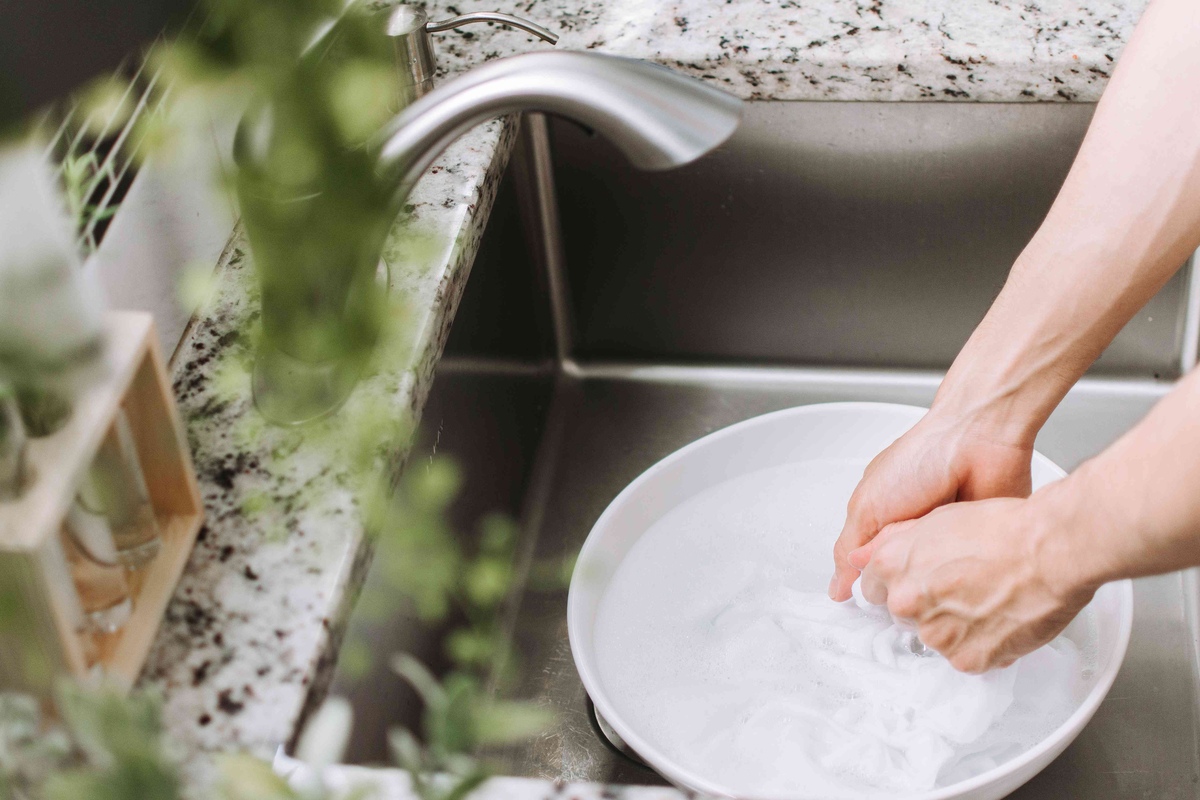

Interior Design
Can I Use Dish Soap To Clean Clothes?
Modified: January 5, 2024
Discover the surprising versatility of dish soap! Find out if it can be used as an effective alternative for cleaning clothes. Expert tips and insights on interior design await!
(Many of the links in this article redirect to a specific reviewed product. Your purchase of these products through affiliate links helps to generate commission for Storables.com, at no extra cost. Learn more)
Introduction
Welcome to our article where we dive into the question many people have asked: Can I use dish soap to clean clothes? Laundry detergent is an essential part of our daily lives, but what happens when you run out and find yourself in a pinch? Dish soap may seem like a tempting alternative, as it is readily available in most households. However, it is important to understand the characteristics of dish soap and how it differs from laundry detergent to assess its effectiveness and potential risks when used for cleaning clothes.
Before we delve into the details, we must first understand the composition and purpose of dish soap. Dish soap, also known as dishwashing liquid, is specifically formulated to remove food residue, grease, and grime from dishes, utensils, and cookware. It contains surfactants that break down oils and fats, allowing for easier removal.
Laundry detergent, on the other hand, is formulated to tackle a different set of challenges. It is designed to remove tough stains, dirt, and odor from fabrics, while also protecting the color and integrity of the clothes. Laundry detergent contains enzymes, bleach, surfactants, and other additives that are specifically tailored for laundry needs.
Now that we have a basic understanding of dish soap and laundry detergent, let’s explore whether dish soap can effectively clean clothes and what potential risks or considerations might be involved.
Key Takeaways:
- Dish soap is not ideal for cleaning clothes due to its potential to damage fabrics, leave residue, and cause skin irritation. It’s best to use proper laundry detergent for optimal cleanliness and care.
- When in a pinch, consider alternative options like baking soda, vinegar, or borrowing from a neighbor. These temporary solutions can help maintain clean and fresh clothes until you restock your laundry detergent supply.
Understanding Dish Soap
When it comes to cleaning dishes, dish soap is a reliable choice. However, its formulation and purpose differ from that of laundry detergent, which is specially designed for cleaning clothes. To understand why dish soap may not be the best option for cleaning clothes, let’s take a closer look at its key characteristics.
One of the primary components of dish soap is surfactants. Surfactants are chemicals that help break down oils and fats, making it easier to remove them from dishes. This is why dish soap is effective at removing grease and grime from cookware.
However, when it comes to fabrics, the surfactants in dish soap may not be as effective. Fabrics are composed of different materials, such as cotton, polyester, silk, or wool, which require specific treatment to remove stains and dirt effectively. Laundry detergent is specially formulated to target these specific materials and stains, giving you optimal cleaning results.
Another factor to consider is the pH level of dish soap. Dish soap is typically more alkaline, while laundry detergent is slightly acidic. The pH of laundry detergent helps to break down stains and neutralize odors, ensuring your clothes come out clean and fresh.
Dish soap may also contain additives such as fragrances and moisturizers, which are not necessary or beneficial when cleaning clothes. These additives can leave residue on fabrics, potentially causing skin irritation or other issues. Laundry detergent, on the other hand, is formulated to rinse out thoroughly, leaving no unnecessary residue behind.
Considering these factors, it is clear that while dish soap can be effective for removing grease and grime from dishes, it may not provide the same level of cleanliness and care for your clothes. Using dish soap on your clothes could lead to lackluster cleaning results, potential damage to fabrics, or skin irritation.
Now that we have a better understanding of dish soap, let’s explore whether it can be used as an alternative to laundry detergent and what risks or considerations may be involved.
Using Dish Soap to Clean Clothes
While dish soap may not be the ideal choice for cleaning clothes, there may be situations where it can be used as a temporary solution. If you find yourself in a pinch with no laundry detergent available, here are some steps to keep in mind if you decide to use dish soap for cleaning your clothes:
- Choose a mild dish soap: Opt for a mild dish soap that is free of harsh chemicals, fragrances, and moisturizers. This will help minimize the risk of skin irritation and fabric damage.
- Dilute the dish soap: Avoid using undiluted dish soap on your clothes, as it can leave behind a soapy residue. Mix a small amount of dish soap with water to create a diluted solution.
- Test the dish soap solution: Before applying the dish soap solution to your clothes, test it on a small, inconspicuous area to check for any adverse reactions or color bleeding.
- Treat stains separately: Dish soap may not be as effective at removing tough stains compared to laundry detergent. If you have heavily stained clothes, pre-treat the stains with a stain remover or a specialized laundry detergent.
- Gently scrub or soak: If using dish soap to clean clothes, gently scrub the fabric or let it soak in the diluted solution for a short period. Avoid excessive rubbing or scrubbing, as this can damage the fabric fibers.
- Rinse thoroughly: After cleaning your clothes with dish soap, make sure to rinse them thoroughly to remove any soap residue. Residue left behind can cause skin irritation, attract more dirt, or leave a greasy film on your clothes.
- Use caution with delicate fabrics: Dish soap can be too harsh for delicate fabrics like silk or lace. It is best to avoid using dish soap on these types of fabrics and opt for a mild laundry detergent instead.
It’s important to remember that using dish soap as a substitute for laundry detergent should be a temporary solution. It’s recommended to use proper laundry detergent for optimal cleanliness and care of your clothes.
Next, let’s take a look at the potential risks and considerations that come with using dish soap on your clothes.
Yes, you can use dish soap to clean clothes in a pinch. However, it’s best to use a small amount and only for handwashing delicate items. Avoid using it on regular laundry as it may leave a residue or damage the fabric.
Potential Risks and Considerations
While dish soap may be a temporary option for cleaning clothes, there are some potential risks and considerations to keep in mind:
Fabric Damage: Dish soap is not formulated to be gentle on fabrics like laundry detergent. Continuous use of dish soap on clothes can lead to color fading, fabric weakening, or even shrinkage. It’s essential to be cautious when using dish soap on delicate fabrics or items with specific care instructions.
Residue Build-Up: Dish soap is not designed to rinse out as thoroughly as laundry detergent. This means that a residue may be left behind on your clothes, which can result in stiffness, dullness, and a greasy feeling. Over time, this residue can also attract more dirt, making your clothes appear dirty even after washing.
Skin Irritation: Dish soaps often contain fragrances, moisturizers, and other additives that can irritate the skin or cause allergic reactions. These ingredients are not necessary for cleaning clothes and can potentially lead to skin discomfort or rashes. If you have sensitive skin, it’s advisable to avoid using dish soap on your clothes.
Ineffectiveness on Stains: Dish soap may not be as effective as laundry detergent when it comes to tackling tough stains. The enzymes and additives in laundry detergent are specifically formulated to break down and remove different types of stains. Using dish soap alone may not achieve the desired stain removal results.
Long-Term Damage: Consistently using dish soap on your clothes can lead to cumulative damage over time. The harsh surfactants and alkaline pH in dish soap can gradually weaken the fabric fibers, causing premature wear and tear. It’s always best to follow the recommended care instructions and use appropriate laundry detergent for cleaning clothes.
Considering these risks and considerations, it is crucial to use dish soap on clothes sparingly and as a last resort when laundry detergent is not available.
Now that we understand the potential risks, let’s explore alternative options for cleaning clothes when you run out of laundry detergent.
Alternative Options for Laundry Detergent
Running out of laundry detergent can be frustrating, but fear not, as there are a few alternative options you can consider when it comes to cleaning your clothes:
- Baking Soda: Baking soda is a versatile household ingredient that can help to remove odors and stains from clothes. Simply add half a cup of baking soda to your laundry load along with your regular detergent or as a substitute for detergent in a pinch.
- Vinegar: White vinegar can be used as a natural fabric softener and odor neutralizer. Add half a cup to your rinse cycle to help remove soap residue, soften fabrics, and eliminate any unpleasant smells.
- Castile Soap: Castile soap is a gentle, vegetable-based soap that can be used for both laundry and household cleaning. You can find castile soap in liquid or bar form, and it is a natural option that is free of additives and harsh chemicals.
- Detergent Pods or Sheets: If you’re looking for a convenient and mess-free option, consider using detergent pods or sheets. These pre-measured capsules or sheets contain concentrated detergent that dissolves in the wash. They are convenient and can be easily stored even when space is limited.
- Make Your Own Detergent: If you have some basic ingredients like soap flakes, washing soda, and borax on hand, you can make your own laundry detergent. There are plenty of simple recipes available online that allow you to create a DIY detergent alternative.
- Borrow from a Neighbor: When all else fails, reach out to your neighbors or friends. They might have some extra detergent that they can lend you until you can purchase your own. This can be a great way to not only solve your immediate laundry needs but also foster community connections.
Remember, these alternatives are temporary solutions and shouldn’t replace regular laundry detergent in the long run. It’s always best to have a supply of detergent on hand to ensure consistently clean and fresh clothes.
Now that we have explored alternative options, let’s wrap up our discussion.
Read more: What Can I Use To Clean A Carpet
Conclusion
When it comes to cleaning clothes, dish soap may seem like a tempting alternative when you run out of laundry detergent. However, it is important to understand the differences between the two and the potential risks involved in using dish soap on clothes.
Dish soap is designed for cleaning dishes and contains surfactants that are effective at removing grease and grime. However, it may not have the same level of effectiveness or care for fabrics as laundry detergent. Dish soap can potentially damage fabrics, leave residue, cause skin irritation, and be ineffective at removing tough stains.
If you find yourself without laundry detergent, there are alternative options you can consider, such as baking soda, vinegar, castile soap, detergent pods or sheets, or making your own detergent. These alternatives can provide temporary solutions until you restock your laundry detergent supply.
Remember to always follow the recommended care instructions for your clothes, including using appropriate laundry detergent. Using dish soap on clothes should be a last resort and sparingly in order to minimize the potential risks involved.
In conclusion, while dish soap can be effective for cleaning dishes, it is not the best option for cleaning clothes. Stick to using laundry detergent specifically formulated for fabrics to ensure optimal cleanliness, care, and long-term durability of your clothes.
Now that you are armed with the knowledge of dish soap and its limitations, you can make informed decisions when it comes to keeping your clothes clean and fresh.
Frequently Asked Questions about Can I Use Dish Soap To Clean Clothes?
Was this page helpful?
At Storables.com, we guarantee accurate and reliable information. Our content, validated by Expert Board Contributors, is crafted following stringent Editorial Policies. We're committed to providing you with well-researched, expert-backed insights for all your informational needs.
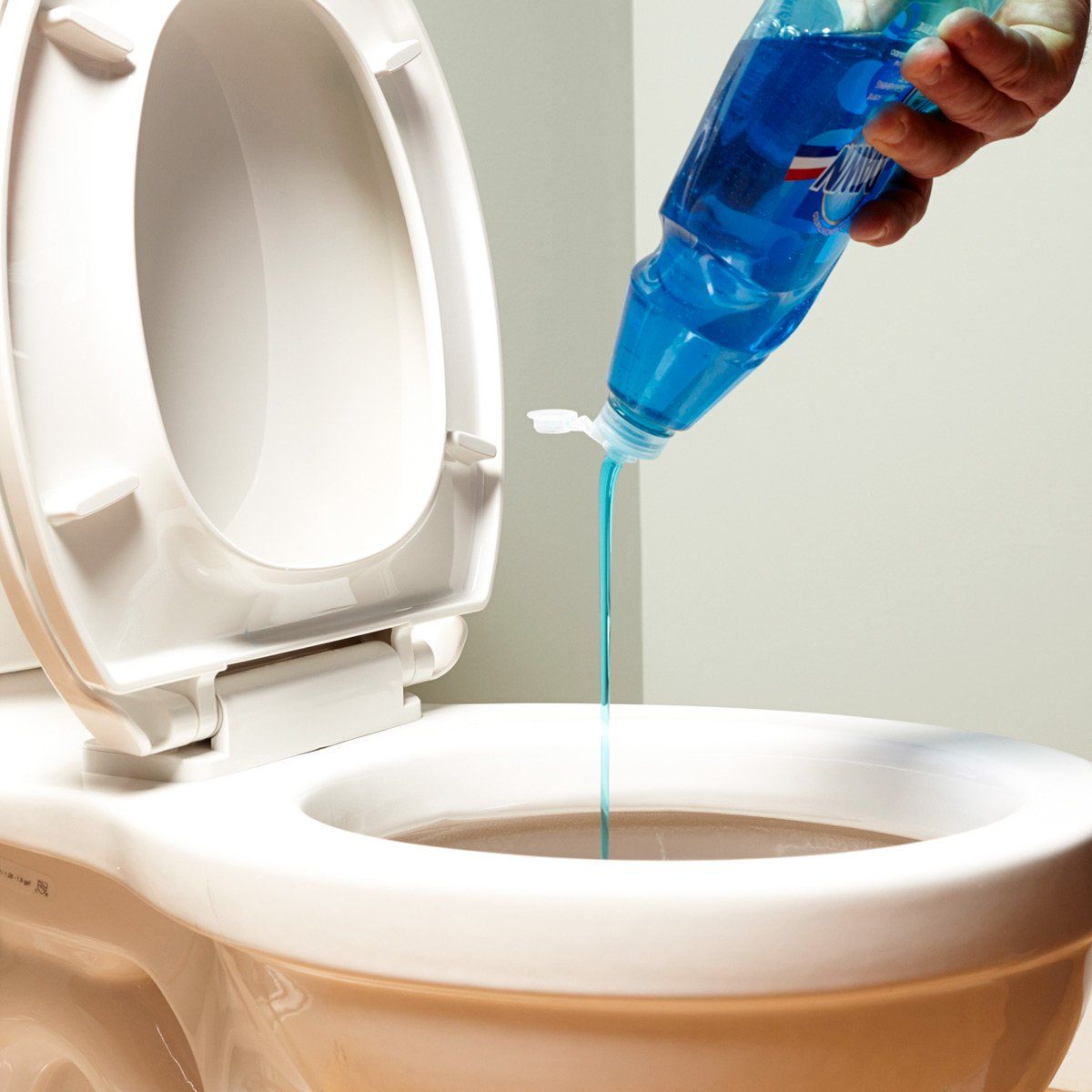
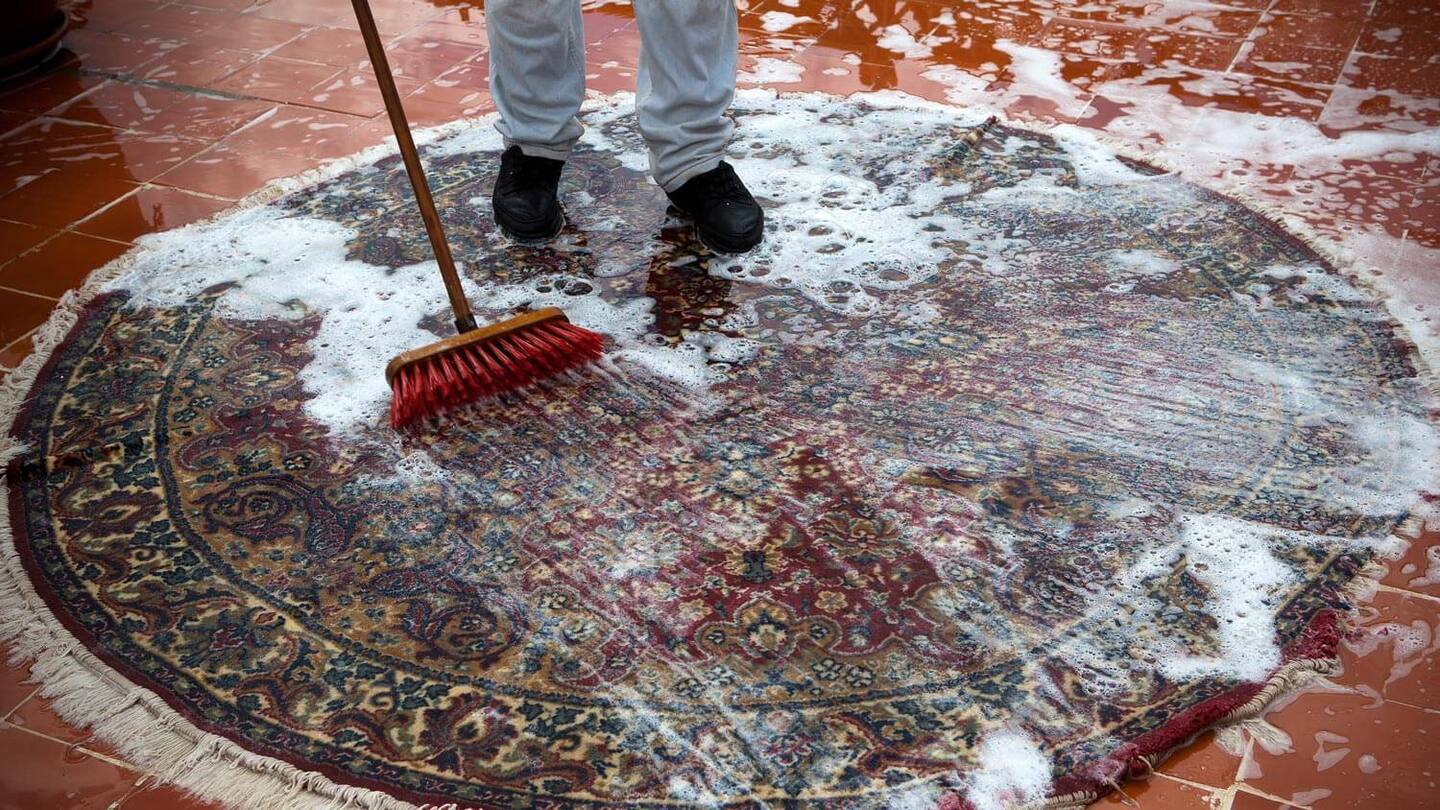
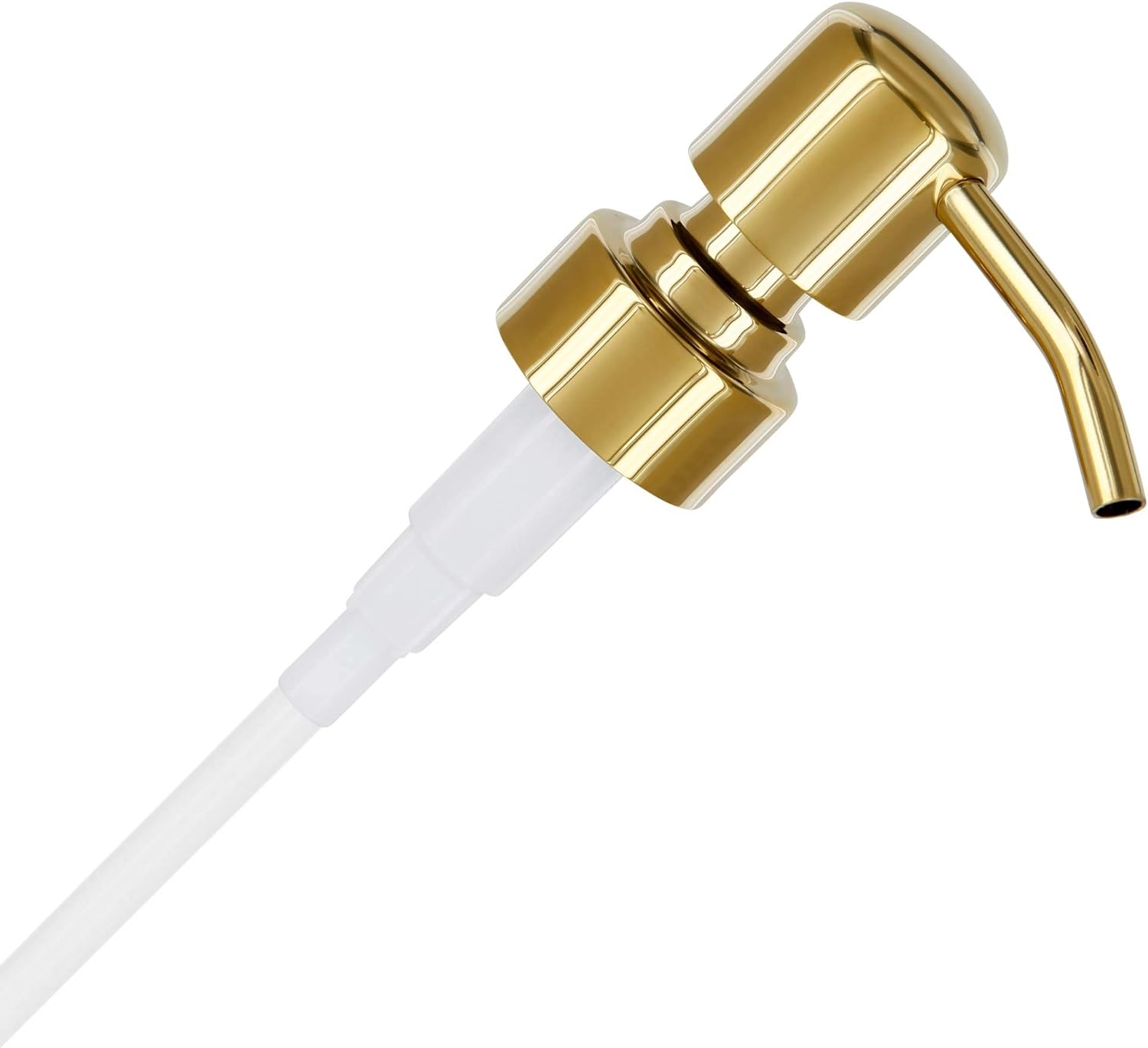
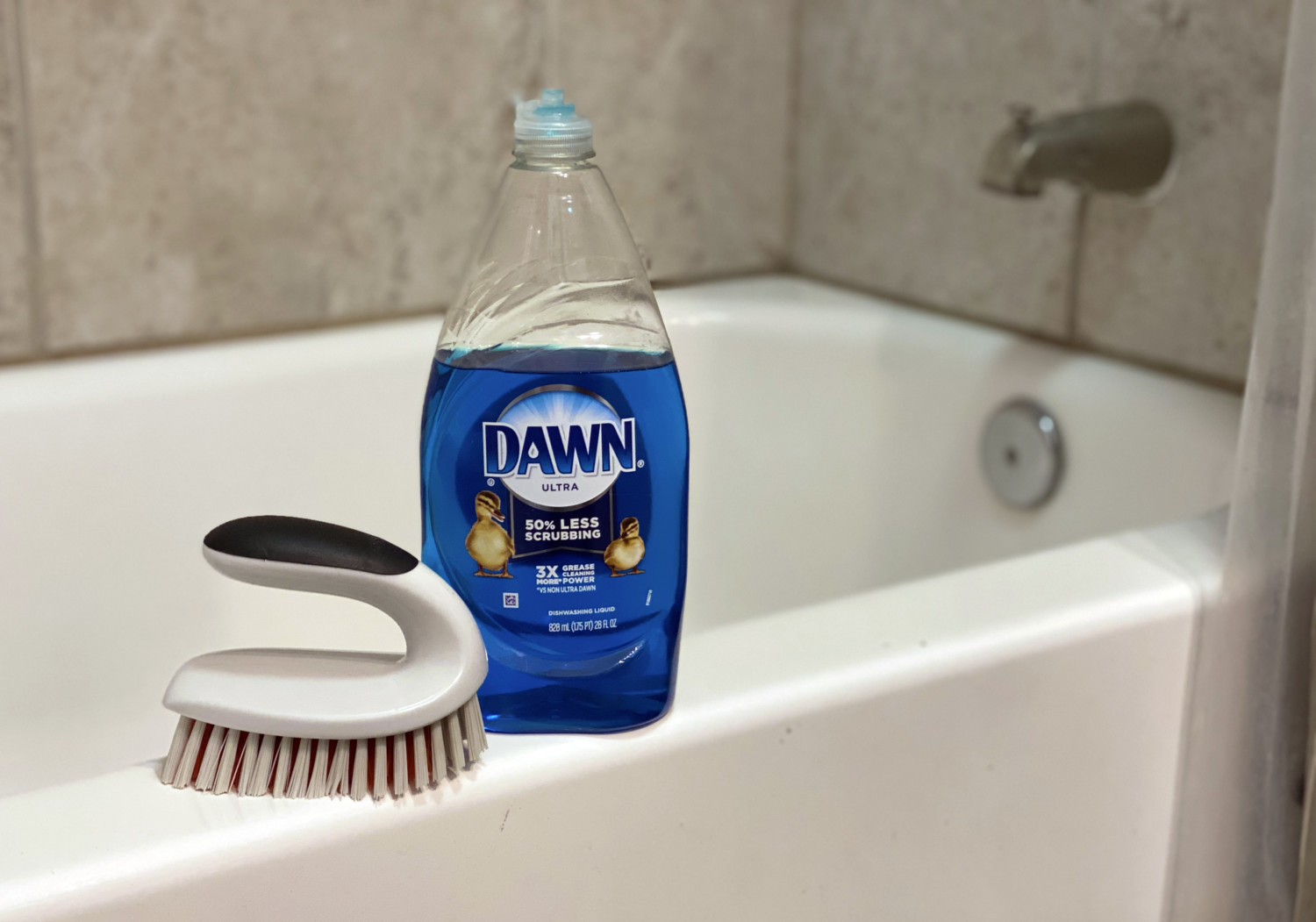

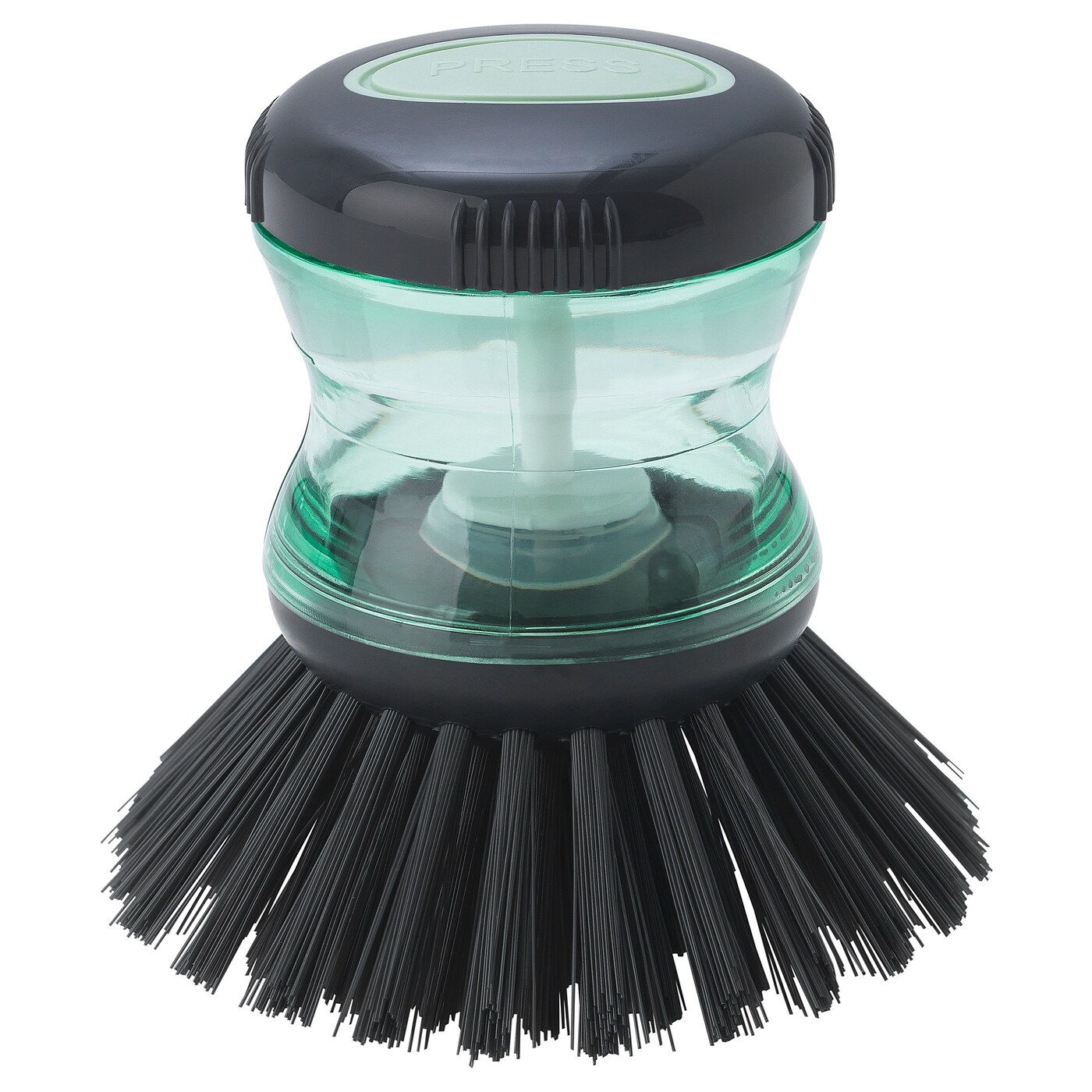
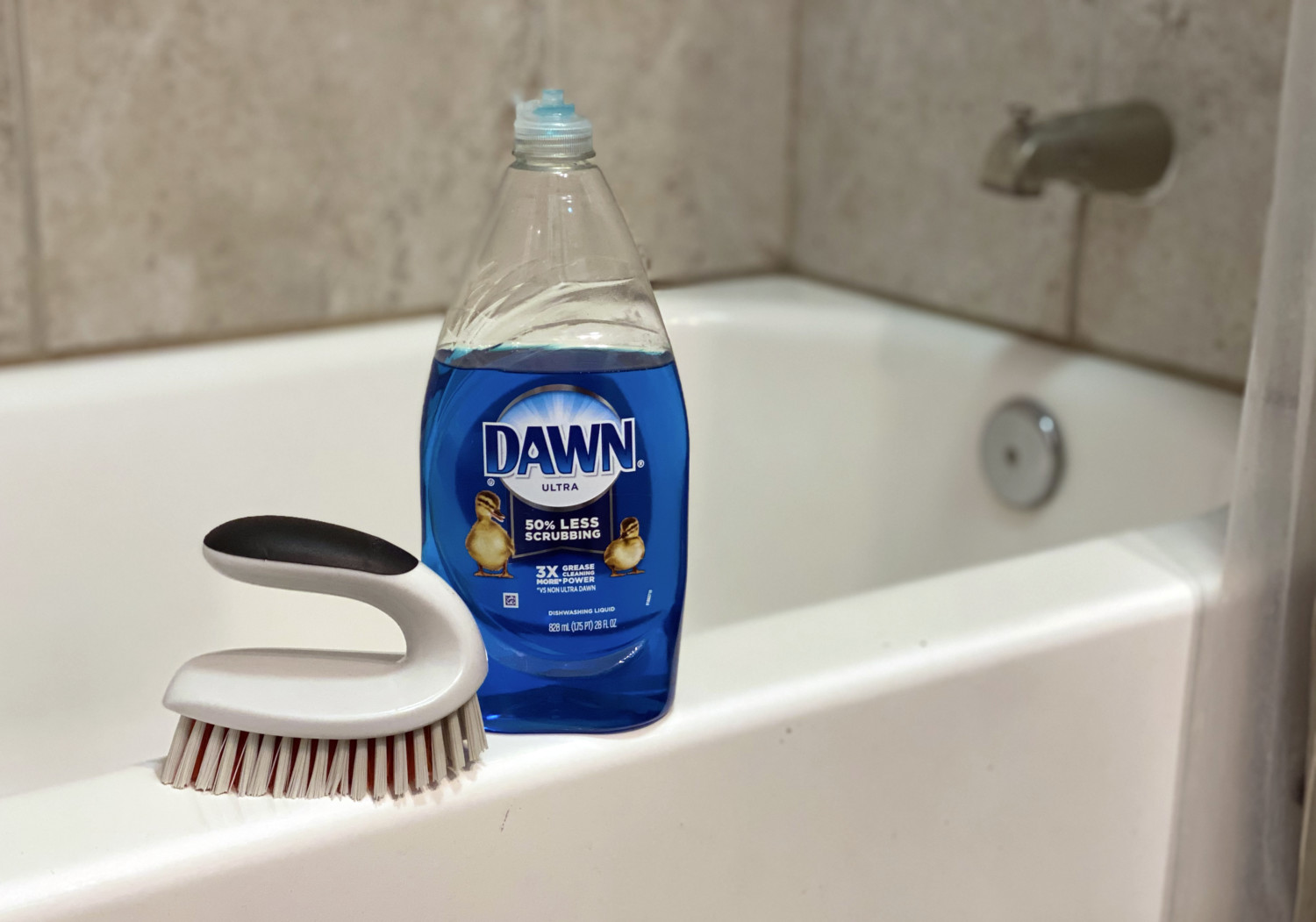
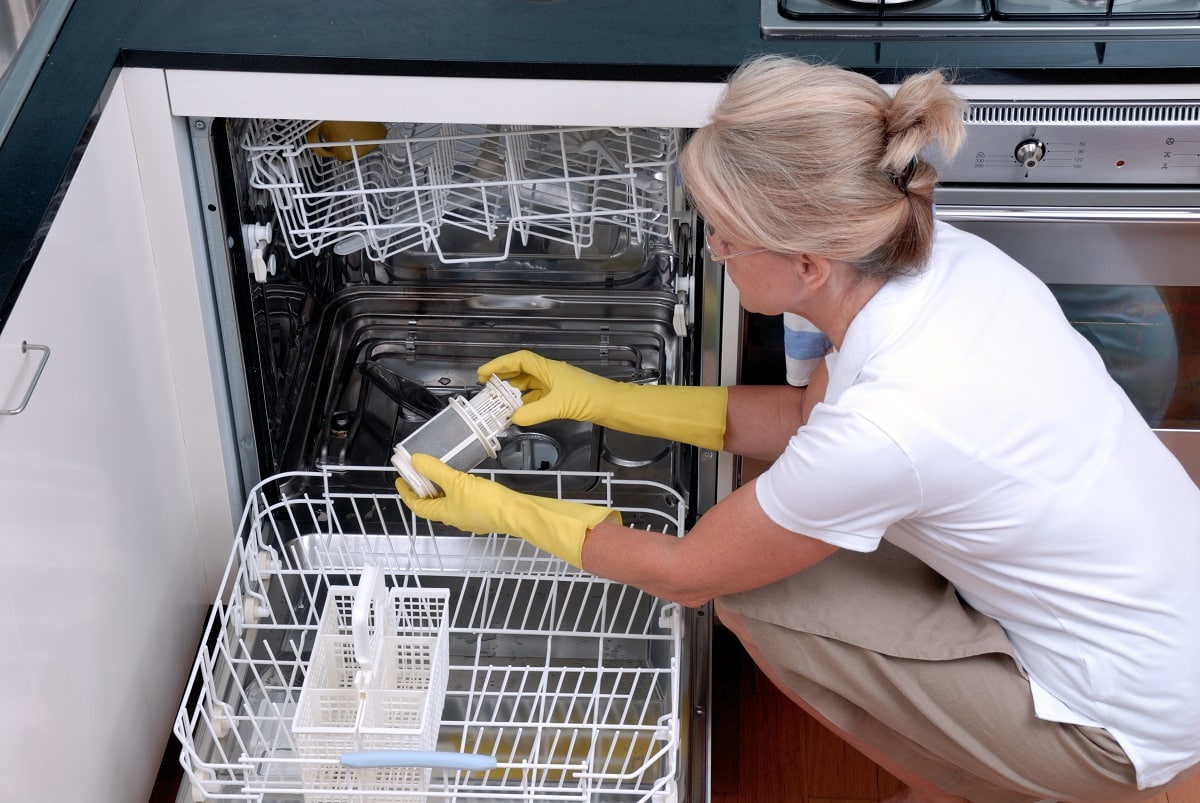
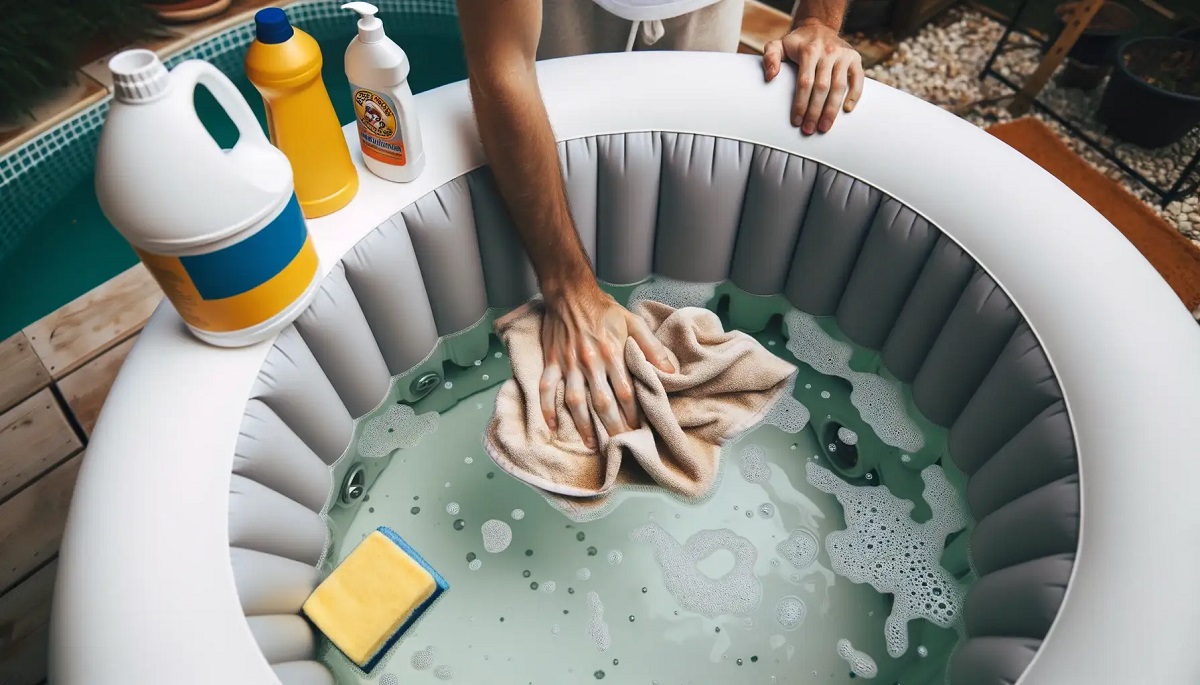
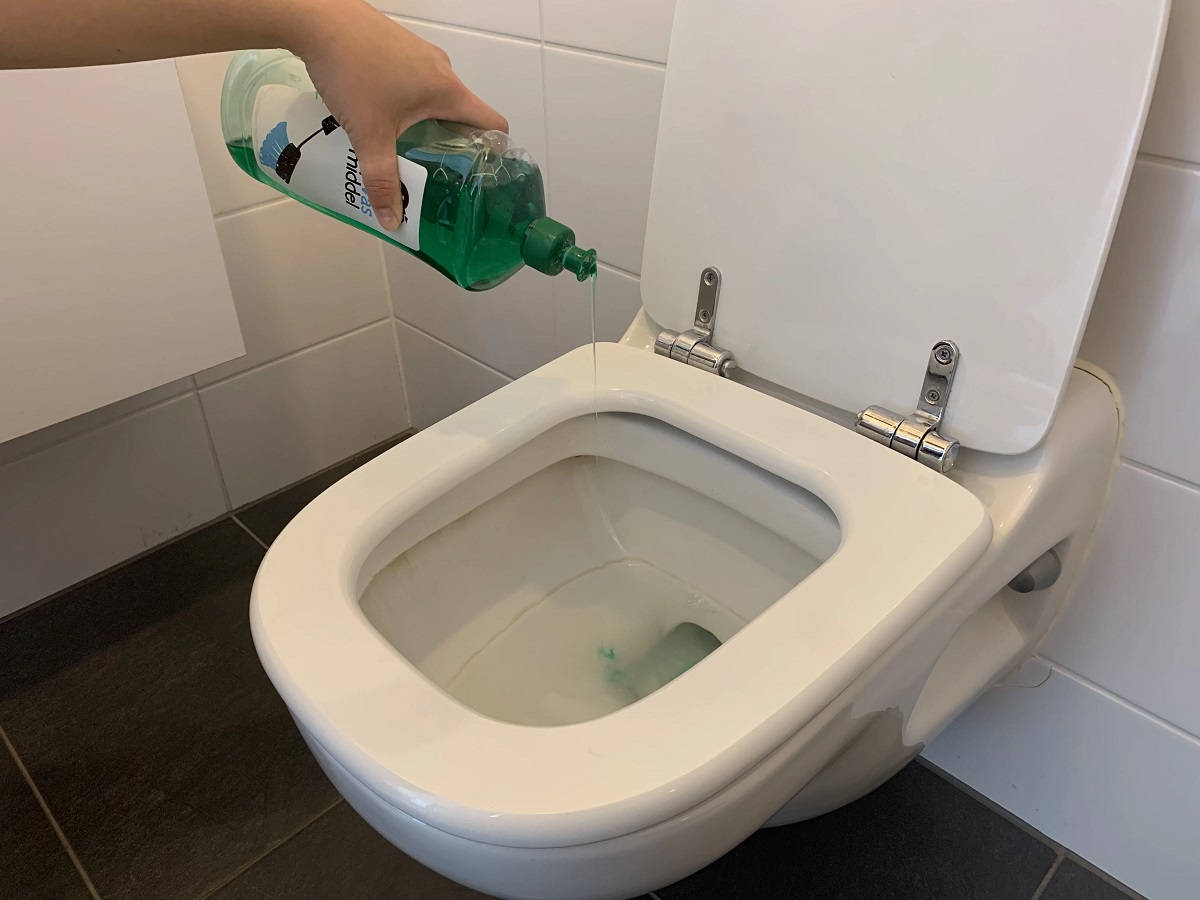
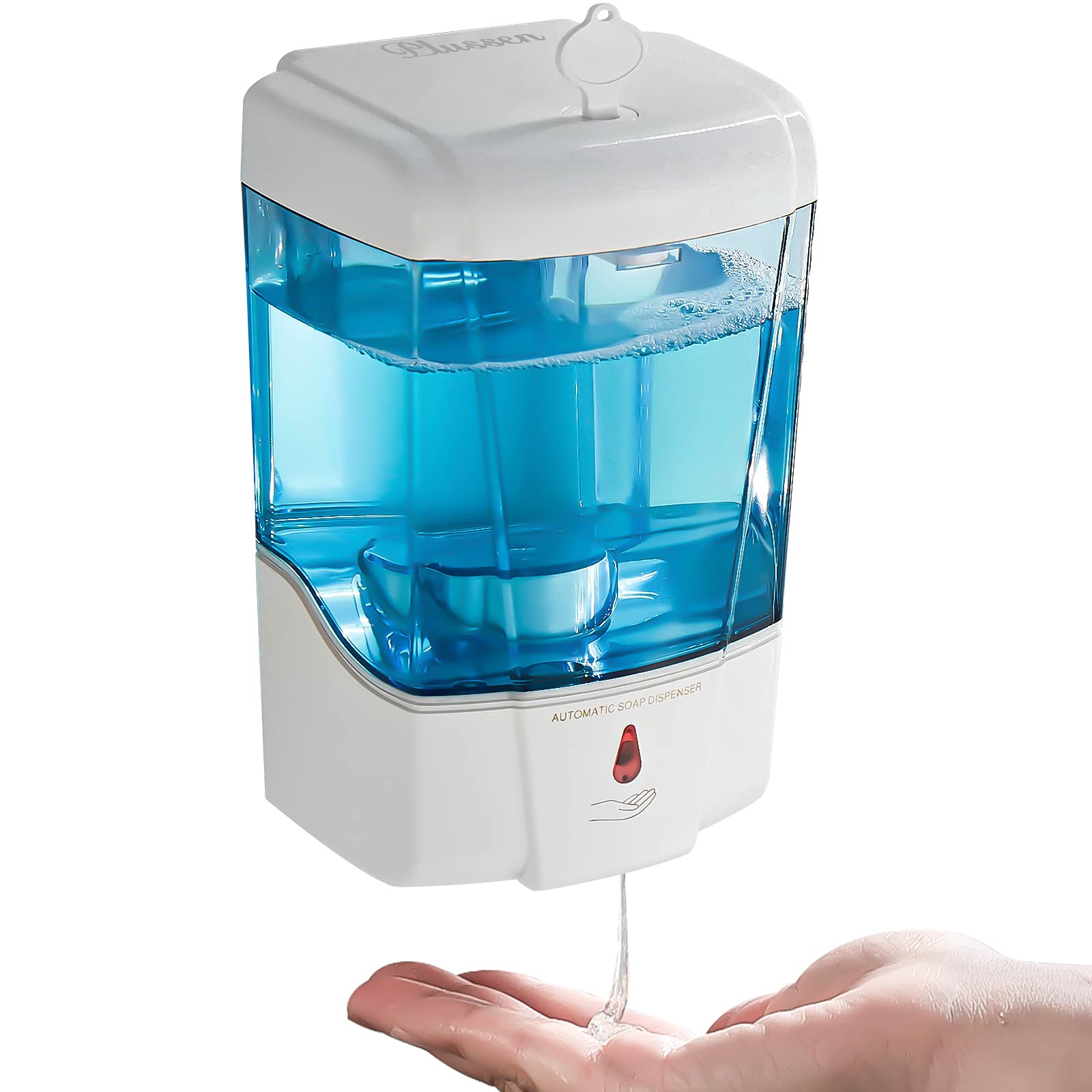
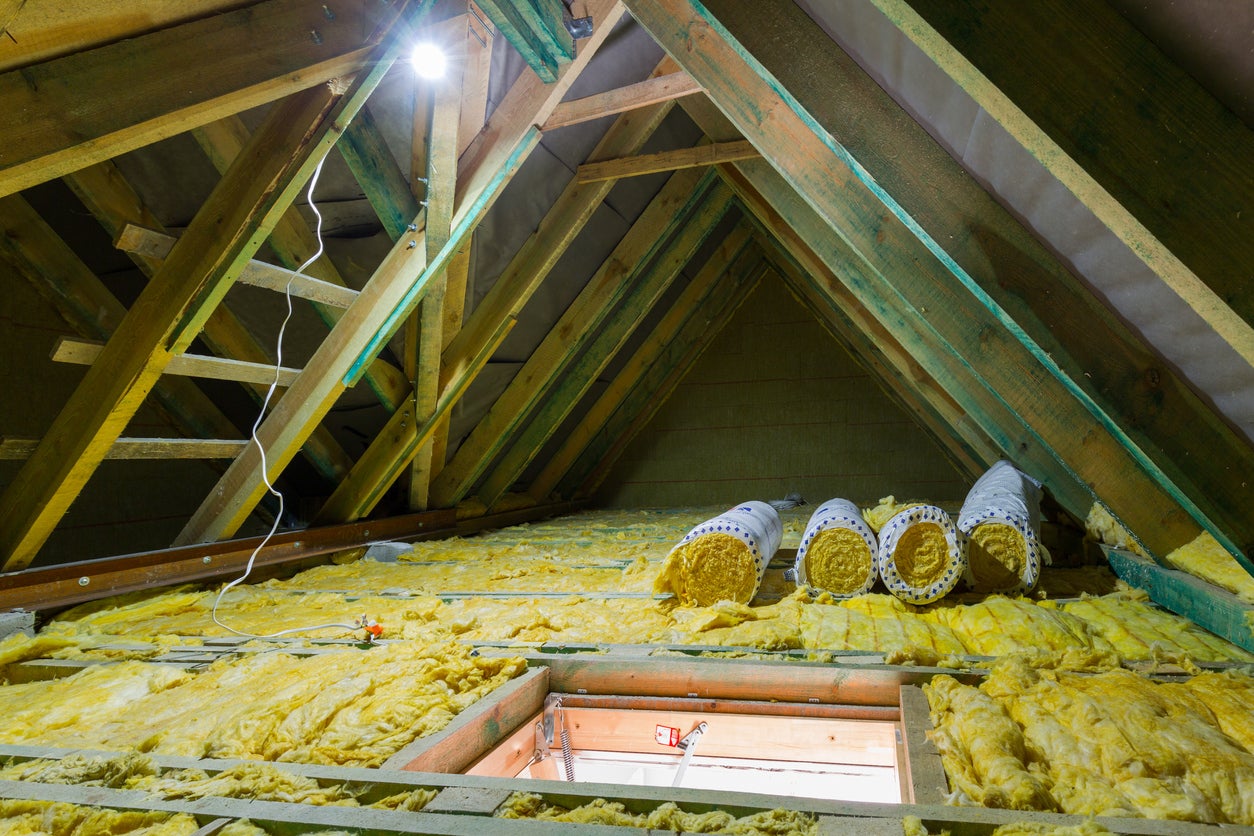

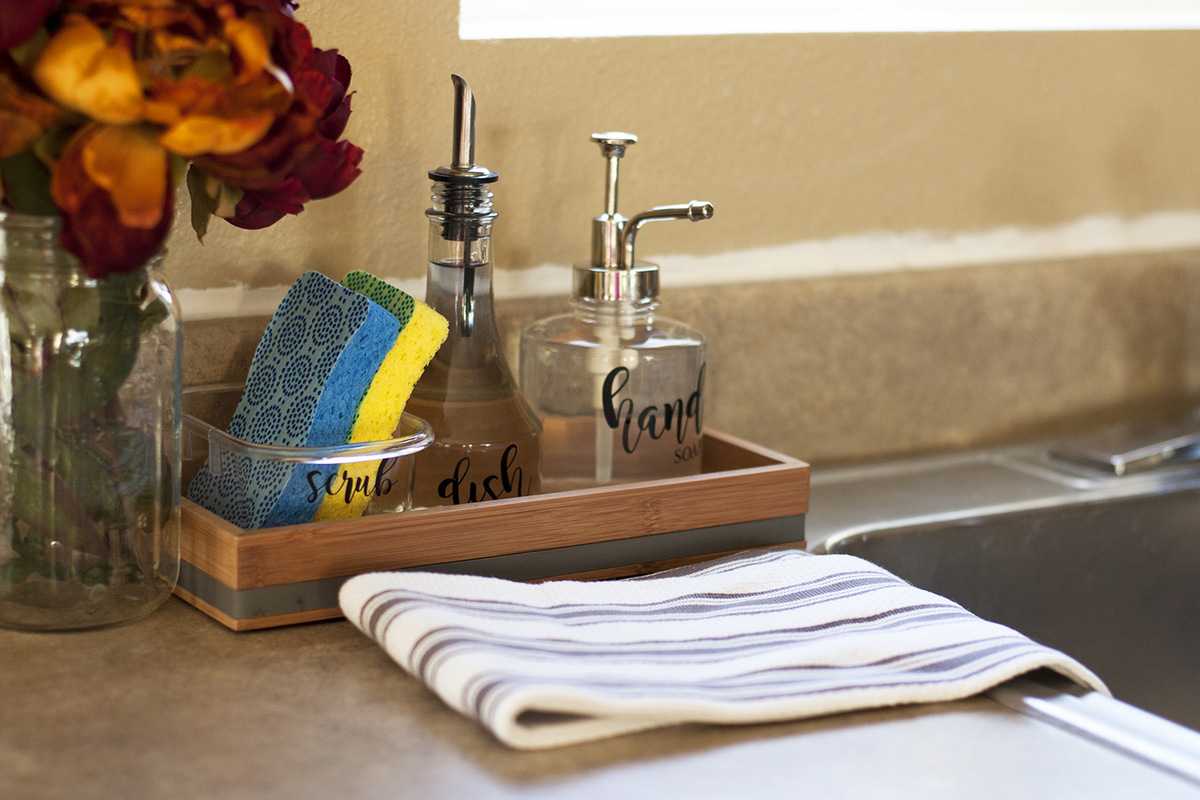

0 thoughts on “Can I Use Dish Soap To Clean Clothes?”